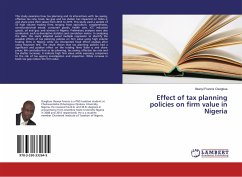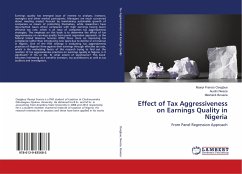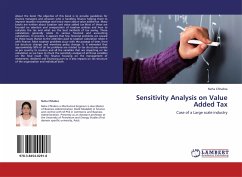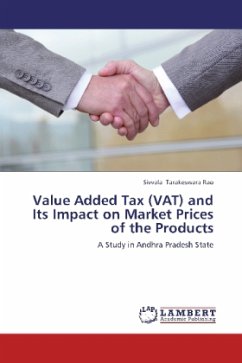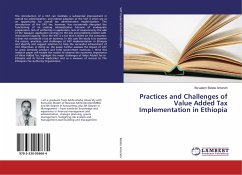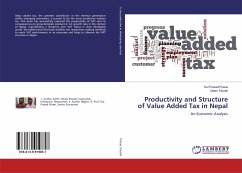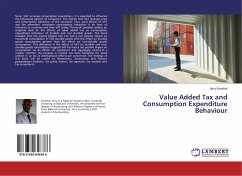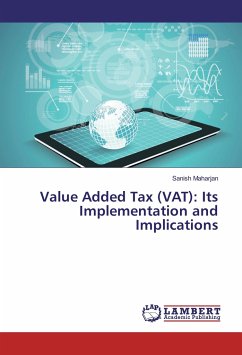This study examines how tax planning and its interactions with tax saving, effective tax rate, book tax gap and tax shelter has impacted on Tobin q and share price (firm value) from 2013 to 2015. This study used a sample of 53 high volume trading firms ranging from agriculture, conglomerates, construction/real estate, consumer goods, health care, ICT, industrial goods, oil and gas; and services in Nigeria. Preliminary analyses were also conducted, such as descriptive statistics and correlation matrix. In analyzing the data, the study adopted panel multiple regression to identify the possible effects of tax planning policies on firm value using high volume trading firms in Nigeria while we interpreted fixed effect analysis after using Hausman test. The result shows that tax planning policies had a significant and positive effect on the trading firms Tobin q and share prices. We concludes that as tax planning, tax saving, effective tax rate and tax shelter increases, it indicate high firm value while exposing companies to the risk of tax agency investigation and inspection. While increase in book tax gap reduce the firm value.

